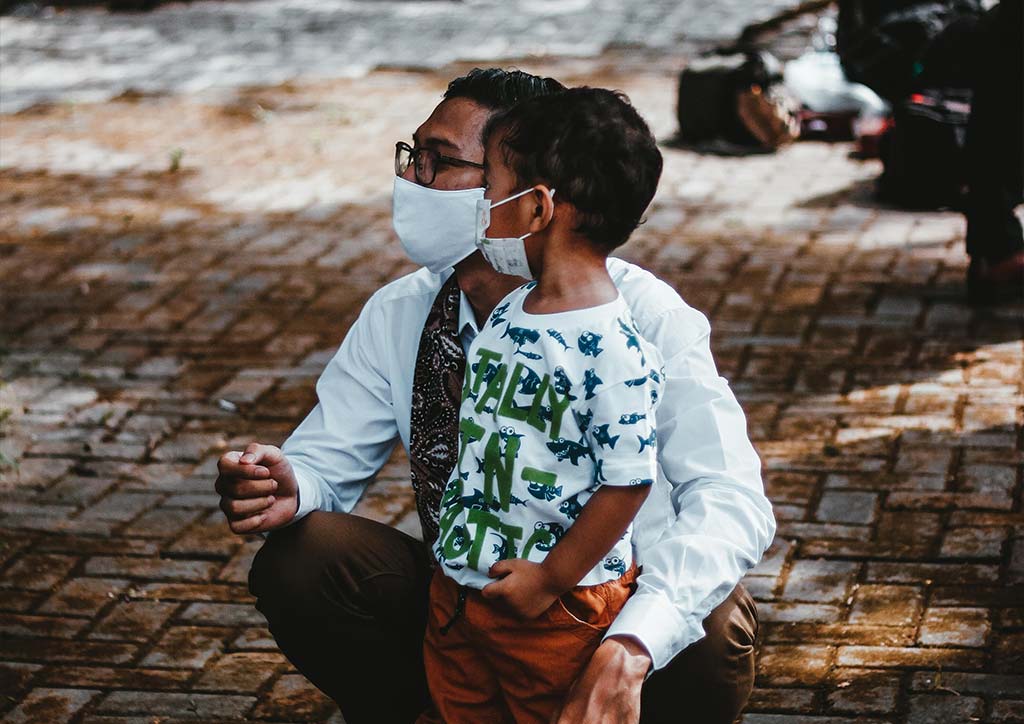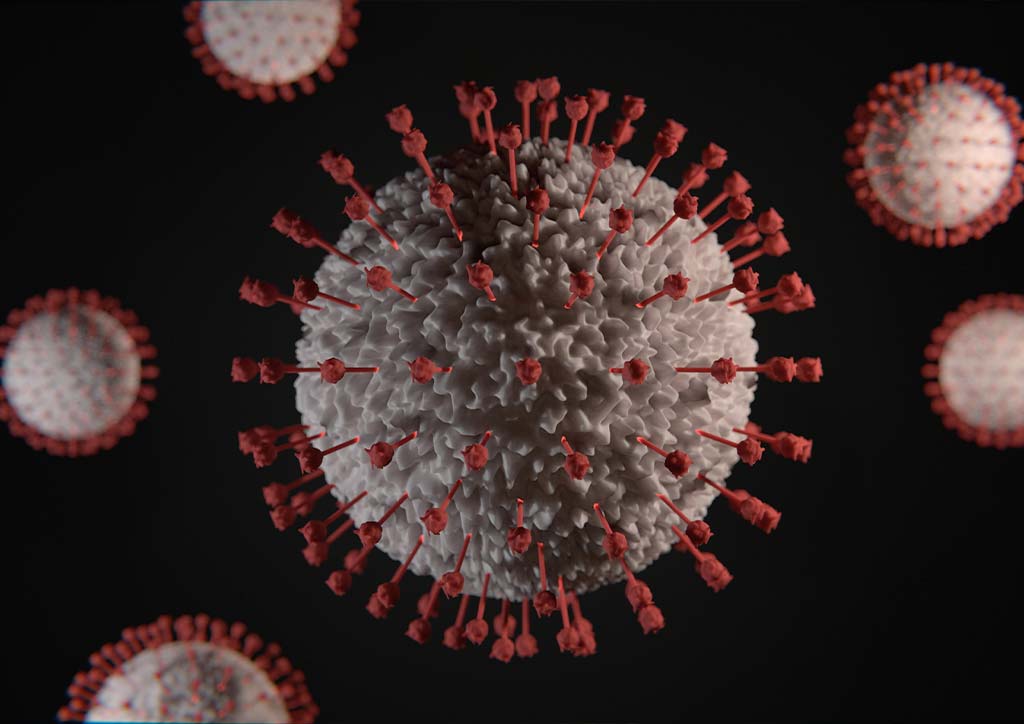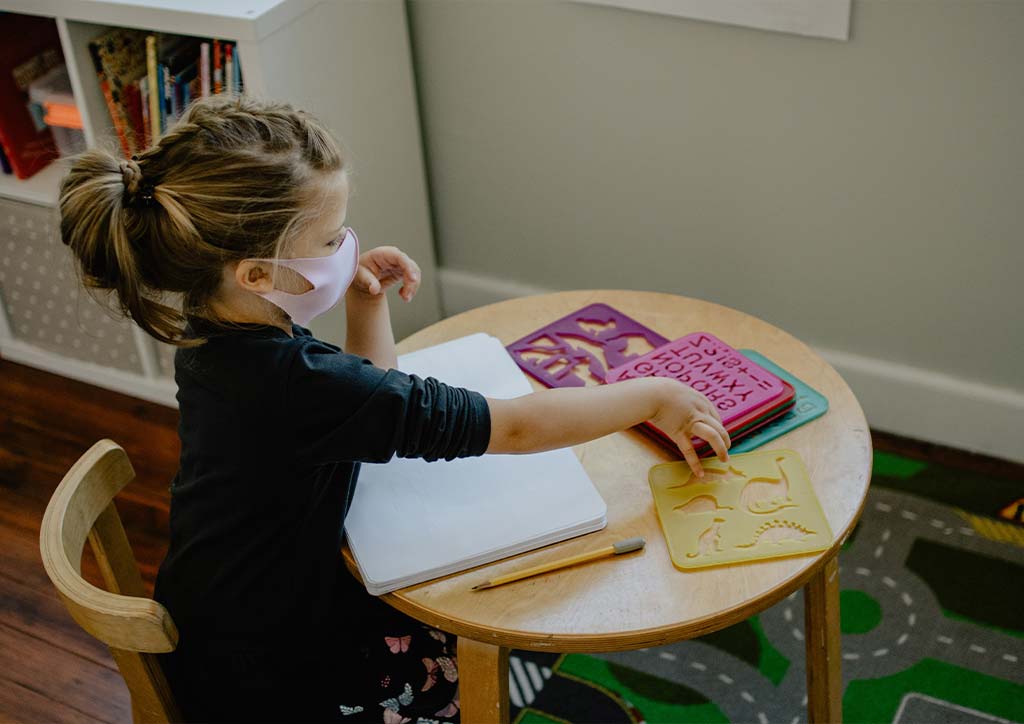Kids
How Does The Delta Variant Affect Kids? Here’s What Parents Need To Know
The next phase of COVID-19 is here, which means parents need to stay vigilant. A doctor weighs in on the Delta variant and how it affects kids.
While we’ve been excited about the GCQ restrictions slowly easing up for kids, the emergence of the Delta variant reminds us that we might need to rein it in a bit. Yes, a pandemic is still a pandemic, and there’s no sign of COVID-19 making an exit anytime soon. So far, the delta variant has taken a toll on lives in India and Israel. It’s a scary thought, especially since vaccination rates in Israel are higher than most countries. And yes, it’s in the Philippines. Should parents be worried? We consulted Dr Gerry Syquia, a primary and occupational health physician on how the virus could affect kids and families in the Philippines. Here’s what he had to say:

The Delta variant in the Philippines
As of 5 July 2021, the Department of Health (DOH) has 19 recorded Delta variant cases in the Philippines. Although more people are getting vaccinated, the vaccination rates are still far from ideal. “The safety protocols have been working in reducing the rate of transmission of SARS-CoV-2. If you take the safety measures which are designed to minimize CoVID-19 infections seriously and follow them strictly, you are more safe than in danger,” says Dr. Gerry. “While a fully vaccinated individual is not 100% protected from contracting SARS-CoV-2, so far, these individuals with break through infections (infections despite fully vaccinated status) have a more manageable disease often not even requiring hospitalizations.”

Should parents in the Philippines be worried about the Delta variant?
Here’s the thing: the Delta variant is more contagious than any of the other variants out there. Delta is spreading 50% faster than Alpha, which was 50% more contagious than the original strain of SARS-CoV-2. “In a completely unmitigated environment—where no one is vaccinated or wearing masks—it’s estimated that the average person infected with the original coronavirus strain will infect 2.5 other people,” says F. Perry Wilson, MD. “In the same environment, Delta would spread from one person to maybe 3.5 or 4 other people.”
And yes, like all other variants, kids are still susceptible to getting infected. Fortunately, children still seem to have the mild form of the disease when infected with SARS-CoV-2.

So, how can parents protect their unvaccinated kids against the Delta variant?
Dr. Gerry shares five ways parents can safeguard their kids against the new variant:
- Getting vaccinated, if vaccination is available to you.
- Continue to follow the safety protocols to lower the chances of bringing it home. These include:
- Wearing masks and wearing them properly when outside your home.
- Observe physical distancing with others, and minimize time spent with others as much as possible.
- Put off any unnecessary gatherings with multiple persons (outside your household) whenever possible. Remember, attendance of birthdays, weddings, baptisms of people outside of your household are not necessities.
- Every time you leave the “bubble” of your home, you take on risk. Treat it as that and be vigilant.
It’s not all gloom and doom, folks. There’s news of the Pfizer vaccine as well as Sinovac being approved for children in the Philippines. Now all we can do is follow the above and the rest of the rules we’ve learned during the COVID-19 pandemic to keep our kids safe. You’ve got this, parents!
Did we answer all your questions about the Delta variant and how it could affect kids? Here’s more articles we think you’ll like:
Modern Parenting Pandemic Survival Guide: How To Make It Through GCQ And Beyond
Updated: How To Travel with kids during GCQ: A Complete Guide





